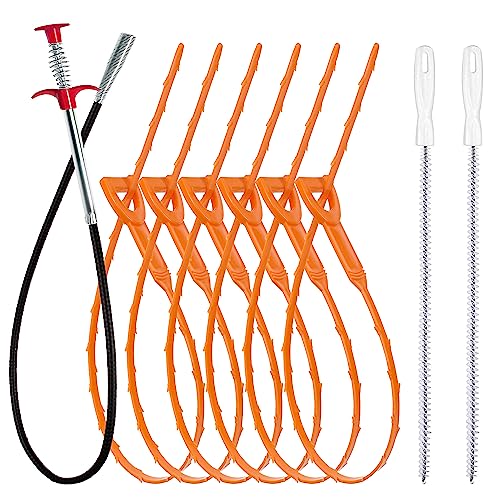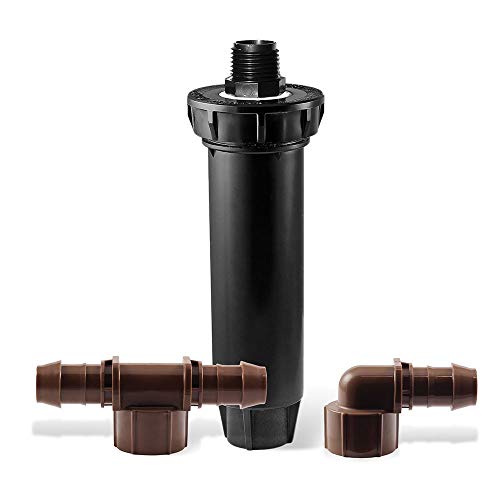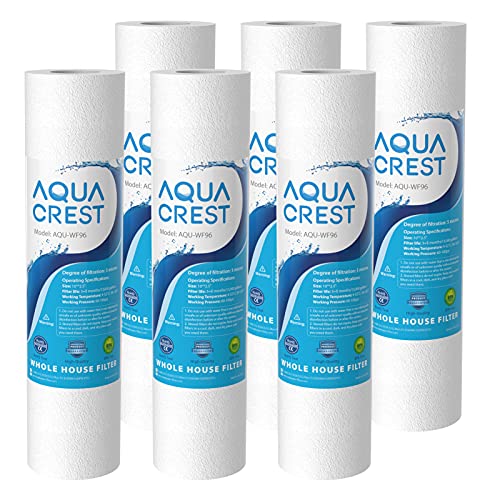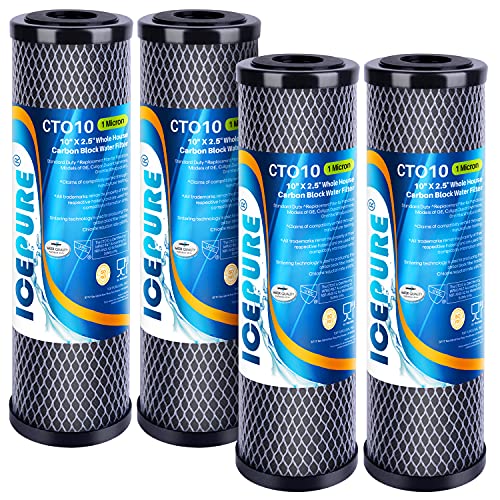Klaus Franbrau
Member
Hi,
I am considering using point of use hot water heaters to get instant on hot water. But it occurs to me it's a bit overkill for my situation and introduces some items that will require maintenance. (Edit: to be clear this is what I am trying avoid.) (Edit: Note my concern is maintenance, not cost)
It occurs to me that an insulated tank should be sufficient. If insulated to the same level as a hot water heater it should hold sufficient temperature for my purposes for nearly a day. (Edit: to be clear this is what I want. Simple storage tanks, not heaters.)
The ideal tank for my purposes would just be five gallons with both an inlet and an outlet (so the usual thermal expansion tanks don't work) and a drain for cleaning would be useful. Even better if the outlet drains from the top of the tank.
I'm having trouble googling for such a thing so I either have the wrong keywords or this isn't a good approach. Any idea? (Edit: For clarity, If you know why this isn't a good approach please post that)
Edit: So, is there a reason why this is a bad or uncommon idea? If there is a concern that the storage tanks would dip below 120 and might be bacteria breeding grounds I could use a single recirculating pump that runs once or twice a day to clear the tanks and reheat their water.
I am considering using point of use hot water heaters to get instant on hot water. But it occurs to me it's a bit overkill for my situation and introduces some items that will require maintenance. (Edit: to be clear this is what I am trying avoid.) (Edit: Note my concern is maintenance, not cost)
It occurs to me that an insulated tank should be sufficient. If insulated to the same level as a hot water heater it should hold sufficient temperature for my purposes for nearly a day. (Edit: to be clear this is what I want. Simple storage tanks, not heaters.)
The ideal tank for my purposes would just be five gallons with both an inlet and an outlet (so the usual thermal expansion tanks don't work) and a drain for cleaning would be useful. Even better if the outlet drains from the top of the tank.
I'm having trouble googling for such a thing so I either have the wrong keywords or this isn't a good approach. Any idea? (Edit: For clarity, If you know why this isn't a good approach please post that)
Edit: So, is there a reason why this is a bad or uncommon idea? If there is a concern that the storage tanks would dip below 120 and might be bacteria breeding grounds I could use a single recirculating pump that runs once or twice a day to clear the tanks and reheat their water.
Last edited:






![MEISTERFAKTUR drain snake 2.0 [50 FT] - with drill attachment - Ideal plumbing snake for sink and drain unblocking - Solid drain auger for real DYIs! (50 FT - 1/4 inch)](https://m.media-amazon.com/images/I/41VwmTiOsgL._SL500_.jpg)

















































